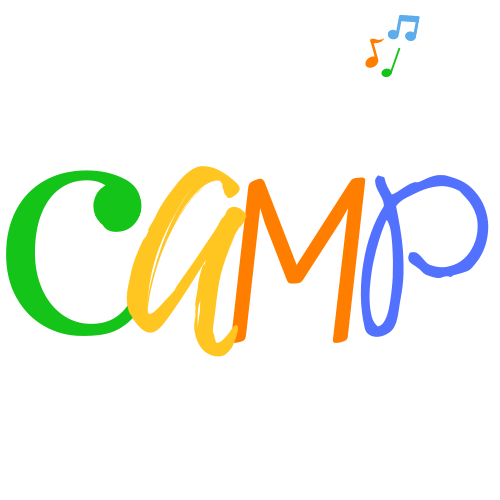El Sistema in Honduras
YOA students rehearsing for a performance for the United States embassy.
The Sound of honduras, by lindsay fredrickson
“What is the sound of Honduras?” Over a hundred students lined the perimeter of a large, windowed rehearsal space as Dan Trahey, asked this question. For the next several days, I and twelve other fellows from around the world improvised, created, struggled, and laughed with our students to create an entirely original piece of music. Between composition rehearsals, the fellows would gather on a porch overlooking the mountains of Siguatepeque to learn, organize, and orchestrate the students’ music while the sounds of a Tchaikovsky rehearsal permeated the air from the top of the hill. The juxtaposition of the two seemingly conflicting ideas, creating something entirely new and reimagining a piece of classical repertoire rehearsed thousands of times, was truly thrilling. As the week went on, I began to see how much these processes are necessary to inform each other.
Each morning I was woken up by the sound of students practicing beginning around 5:00am, first one violin and then another and another. After the first night, many of the fellows complained until a curfew was set because the students were up practicing until 2:00am. The drive of the kids could only be described as “hungry;” hungry for knowledge, hungry for music, hungry for a different future than the one they’d been dealt. Coming from the west side of Chicago, where I often have to convince my students that music is important amidst their 20 other after-school obligations, this relentless passion was jarring. Instead of trying to inspire motivation, I found myself talking to students about anxiety, self-care, and patience with imperfection.
Bringing composition into a culture of rigorous classical music-making proved to be a challenge. We were asking the Honduran students to share leadership roles, form aesthetic opinions, play their instruments in a completely unfamiliar environment (complete with rope lighting and color-changing candles!), and it was clear from the beginning how uncomfortable it made them. Though they improvised effortlessly, the opportunity to publicly perform a piece of their own was a bizarre concept to them and, at first, they appeared awkward and stiff.They were confused by the fellows jumping around, dancing, laughing at our mistakes, and applauding silly ideas. It wasn’t until the last concert of the tour that I saw the students genuinely open up, incorporate their own movement, musically react to their friends’ ideas, and take ownership of the incredible music they created.
My ten days in Honduras were full of learning from phenomenal leaders including Dan Trahey and Eric Booth as well as other teaching fellows from Sistema programs around the world. Each of them had something beautiful to offer, whether it was Dan’s activity to generate a rhythmic motif in a composition, Eric’s insightful advice about teaching artistry, or a friend’s encouragement to keep fighting the good fight in the face of countless obstacles. It was also full of learning from my students, young people who have struggled through more than I can possibly imagine with only passion and hope on their side. I’ve returned home with so much: teaching ideas floating through my head at all hours, a new-found confidence in my own abilities, a healthy skepticism of tradition, and a rejuvenated sense of purpose in bringing music to a hungry world.

